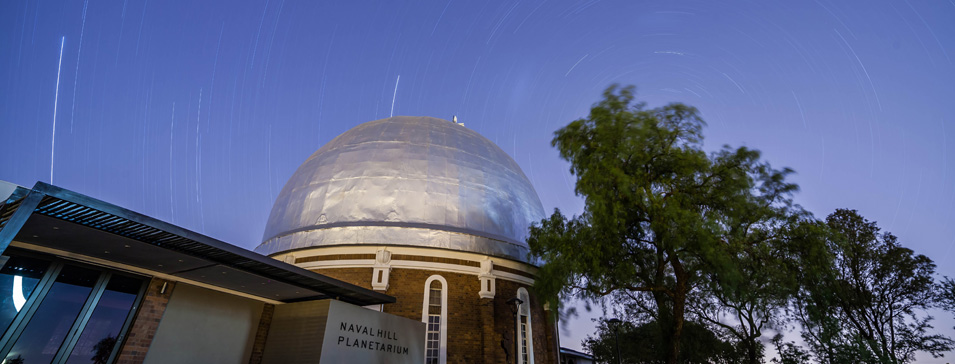Latest News Archive
Please select Category, Year, and then Month to display items
14 June 2024
|
Story Anthony Mthembu
|
Photo Suplied
 Jeremiah Hlahla, a UFS student completing his PhD in Botany at the University of Debrecen as part of an exchange initiative funded by the Erasmus+ Mobility Programme.
Jeremiah Hlahla, a UFS student completing his PhD in Botany at the University of Debrecen as part of an exchange initiative funded by the Erasmus+ Mobility Programme.
As part of an exchange initiative facilitated by the Erasmus+ Mobility Programme, Jeremiah Hlahla, a student at the University of the Free State (UFS), is nearing the completion of his PhD studies at the University of Debrecen in Hungary. Hlahla’s journey, which began in February 2024 and is set to conclude in July 2024, has been a remarkable learning opportunity. “As a first time-traveller to Europe, I have thoroughly enjoyed engaging with people from different countries and cultures,” he said.
The benefits of international collaboration
Hlahla is currently pursuing a PhD in Botany, focusing on plant stress physiology. “My current PhD project investigates the physiological, biochemical and morphological responses of vegetable-type soybean, or edamame, to combined drought and heat stress,’’ he explained. He considers the University of Debrecen the ideal institution to complete his research due to its extensive expertise and resources in similar projects. He noted that his colleagues at Debrecen conduct significant work on plant protection against biotic and abiotic stresses, including salt and drought stress, as well as proteins and amino acids in barley and other legumes.
Given the vast knowledge available on similar projects, Hlahla has found substantial engagement with his work at the University of Debrecen. “Upon arrival, I delivered an introductory lecture presenting my UFS project on the synergistic effects of combined drought and heat stress on the physiology and biochemistry of edamame. It was an engaging session as everyone could relate to my work and asked many questions,’’ he said.
Insights gained from the exchange
Hlahla has also gained valuable lessons that will assist him in his research career, including biotechnology and physiology tools. “I learned how to prepare samples and use high-performance liquid chromatography (HPLC) and reversed-phase ultra-high-performance liquid chromatography (UHPLC) to quantify proteins and amino acids,’’ he said. These techniques are beneficial not only for his current work but will also support future soybean research.
As his experience at the University of Debrecen nears its end, Hlahla reflects on the collaborations and friendships he has formed, which stand out as a significant highlight.
Planetarium now open to the public
2013-11-27
 |
| The Naval Hill Planetarium |
The Naval Hill Planetarium, the first digital planetarium in sub-Saharan Africa, will now screen regular shows and is inviting members of the public to attend shows every Friday from 29 November 2013.
This planetarium was inaugurated on Friday 1 November 2013 and the response has been overwhelming.
Prof Matie Hoffmann from the Department of Physics at the University of the Free State, says the public and visitors in Bloemfontein are very eager to visit the planetarium to learn more about the night sky.
The highly-rated full dome show, Space Junk, will be screened on Friday 29 November 2013 and Friday 6 December 2013 at the Naval Hill Planetarium.
The Space Junk show at the planetarium collides head-on with Gravity, the blockbuster science-fiction thriller and space drama that was on circuit in movie theatres in South Africa during the past few weeks!
In 2014 the planetarium will provide a regular public programme as from 13 January 2014.
In the meantime, people can book for programmes on Friday evenings at 19:00 until Friday 13 December. Group appointments can also be made by special arrangement.
For more information please contact Yolandie Loots at ficky@ufs.ac.za for more information.